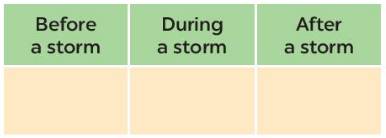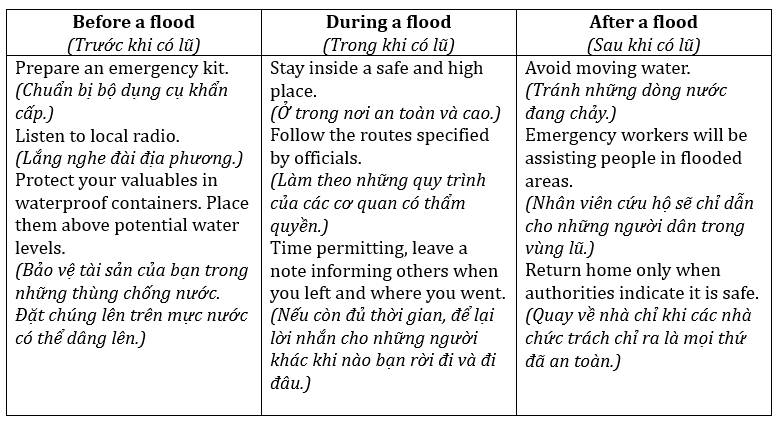Exercise 2. Put the verbs in brackets in the correct form.1. From the clink of dishes one could tell that supper (prepare).2. They (take) George out of the house, and he (show) the way to the office.3. Mrs Brown (come) to inform her that dinner already (serve).4. His phrase (greet) by a strange laugh from a student who (sit) near the wall.5. The house where the robbery took place (guard) by the police to prevent it from (enter).6. Anne (not see) Harry until the party (seat).7. When the phone...
Đọc tiếp
Exercise 2. Put the verbs in brackets in the correct form.
1. From the clink of dishes one could tell that supper (prepare).
2. They (take) George out of the house, and he (show) the way to the office.
3. Mrs Brown (come) to inform her that dinner already (serve).
4. His phrase (greet) by a strange laugh from a student who (sit) near the wall.
5. The house where the robbery took place (guard) by the police to prevent it from (enter).
6. Anne (not see) Harry until the party (seat).
7. When the phone (ring), I (reach) for the phone, and (tell) that 1 (call) from Moscow.
8 She (want things not so much for herself as for her child, and she (be) anxious to do whatever she (tell).
9. A note (bring) in and (put) on the table (await) Eleanor.
10. Jerry (know) George (hide) by the dark
11. We (tap) on the door but it (not lock), then we (open) the door and (enter).
12. Lester (not attend) the wedding, though he (invite).









- Before a storm: 2, 6
- During a storm: 3, 5
- After a storm: 1, 4
Bài nghe:
This is An Binh Commune Radio Station. The rainy season is coming so today's special programme will tell you about what you should do before, during and after a storm. Before a storm, each family should prepare an emergency kit with necessary things like plasters, basic medicine, whistle, bottles of water, food etc. Bring in outdoor things like flowerpots or rubbish bin because they can get blown away by strong winds. Strengthen your house if necessary.
During a storm, stay inside. Even when the rain and winds stop, wait because the storm may start up again. Stay away from windows and glass doors. They could break and hurt you. Gather in the safest room in the house.
After the storm, don't leave your house right away. Listen to important instructions from local authorities. They may warn you about which parts of your area are dangerous and should be avoided. Stay away from broken power lines.
Tạm dịch:
Đây là Đài phát thanh xã An Bình. Mùa mưa bão sắp đến, chương trình đặc biệt hôm nay sẽ chia sẻ với các bạn những việc cần làm trước, trong và sau mưa bão. Trước khi có bão, mỗi gia đình nên chuẩn bị một bộ dụng cụ khẩn cấp với những thứ cần thiết như cao dán, các loại thuốc cơ bản, còi, các chai nước, thức ăn, v.v. Hãy mang vào nhà những thứ để ngoài trời như chậu hoa hoặc thùng rác vì chúng có thể bị gió mạnh thổi bay. Gia cố lại căn nhà của bạn nếu cần thiết.
Trong cơn bão, hãy ở trong nhà. Ngay cả khi mưa và gió ngừng, hãy chờ đợi vì cơn bão có thể bắt đầu lại. Tránh xa các cửa sổ và cửa kính. Chúng có thể bị vỡ và làm bạn bị thương. Mọi người cùng tập hợp trong căn phòng an toàn nhất trong nhà.
Sau cơn bão, đừng rời khỏi nhà ngay. Lắng nghe các hướng dẫn quan trọng từ chính quyền địa phương. Họ có thể cảnh báo bạn về những vùng nguy hiểm trong khu vực của bạn và nên tránh. Tránh xa các đường dây điện bị hỏng.